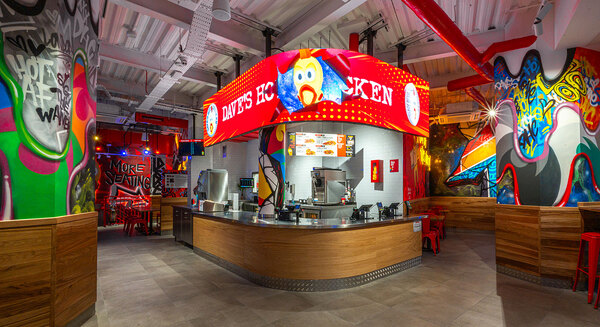Viewpoint: It's ‘landlord, landlord, landlord', not ‘location, location, location'
A decent landlord who is sympathetic to their tenants' inability to absorb never-ending cost increases is an invaluable find, advises David Abramson
As 2019 is now upon us and we set sail in yet more uncharted waters, the property market continues to evolve.
But these days, having the best location with an unsustainable rent is useless. Nobody wants to operate a loss-making business, especially in this climate. We advise our clients to instead be thinking: "landlord, landlord, landlord."
Instead of landlords taking references on you as a tenant, perhaps you should consider taking references on them. How have they treated previous tenants? What is their attitude at the five-year rent review mark? Have they shown empathy to businesses?
If not, you may seriously want to ask yourself if this is a relationship you want to enter into, as we well know that capital expenditure in restaurants often can't be paid back in the first five years. Therefore, a restaurant needs longer-term leases of 15 years or more to make investment worthwhile and profitable.
Historically, the demand for restaurants way outstripped the supply of sites available. That meant many prosperous decades for landlords, especially in London, where there would often be two or three operators for every site. This fostered a culture of demanding landlords when it came to covenants, rent deposits and taking references from tenants about their previous trading and financial histories to ensure they had reliable leaseholders.
In more recent times, as we saw the collapse of the casual dining sector with the onslaught of company voluntary arrangements, it was pointed out by many that one of the main causes was over-rented and unsustainable property costs.
Many operators reported that it was the onerous five-year, upward-only rent review provision that caused particular difficulties, as they were often experiencing increases of up to 300%, which made businesses unsustainable - and collapse inevitable.
There are landlords who have been sympathetic about the financial viability of these businesses and would cap the level of rent that could have been achieved in favour of a more affordable option. These long-term landlords are more likely to have less responsibility to financial investors and are not heavily geared.
An affordable property cost arrangement is essential, so in these changing times it really is about getting the very best advice. What we have found that works best for our clients is a proactive approach. Don't wait for landlords to approach you at a specific lease point; it's better to discuss any future plans you may have in terms of exiting or extending the lease or capital you may want to invest and work together.
Ultimately, you both want each other to be successful and, like in other business arrangements, it's a case of win-win or no deal.
David Abramson is chief executive of Cedar Dean Group
Get The Caterer every week on your smartphone, tablet, or even in good old-fashioned hard copy (or all three!).




















